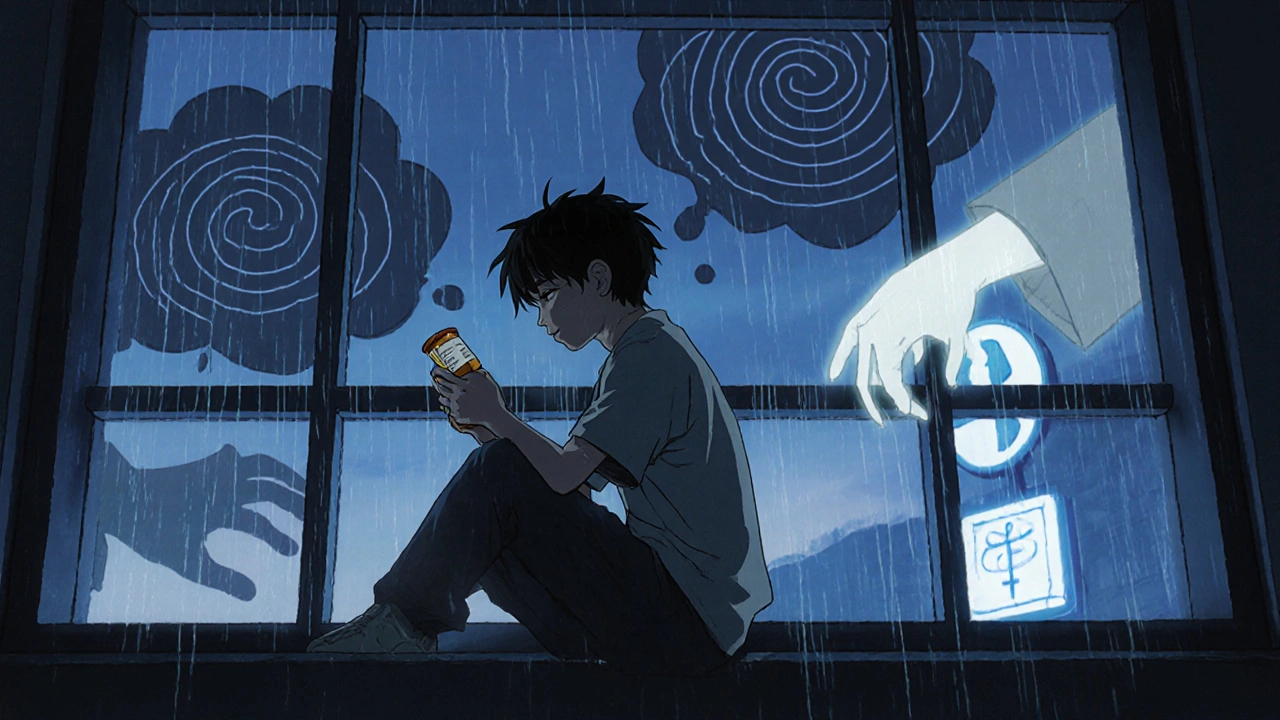Black Box Warning: What It Means and Which Drugs Carry This Red Flag
When a drug has a black box warning, the strongest safety alert the U.S. Food and Drug Administration (FDA) can require. Also known as a boxed warning, it’s printed in a bold, black rectangle on the drug’s label to grab attention—because the risks aren’t just possible, they’re life-threatening. This isn’t a gentle reminder. It’s a red flag that says: this medicine can kill you if used wrong, if you have certain conditions, or if you’re not monitored closely.
Drugs with black box warnings don’t get pulled from the market—they’re kept because they work. But they come with serious trade-offs. For example, antipsychotics, like aripiprazole, used to treat schizophrenia and bipolar disorder carry warnings about increased death risk in elderly patients with dementia. antibiotics, such as fluoroquinolones including Levaquin, warn of tendon rupture and nerve damage. Even common drugs like divalproex, a mood stabilizer, have black box alerts for liver failure and birth defects. These aren’t rare cases. They’re documented, real, and tracked by the FDA because the harm is severe enough to demand clear warning.
What you need to know: a black box warning doesn’t mean avoid the drug. It means understand it. Your doctor should explain why the benefits outweigh the risks in your case. Watch for symptoms listed in the warning—like unexplained bruising, sudden muscle pain, confusion, or jaundice. If you’re taking multiple drugs, interactions can turn a manageable risk into a crisis. That’s why checking for drug interactions, like those involving divalproex or tobramycin, is just as important as knowing the warning itself. This isn’t about scaring you. It’s about giving you the facts so you can ask the right questions and stay safe.
The posts below cover real cases where these warnings matter—whether it’s a child reacting to an antibiotic, an elderly person on an antipsychotic, or someone managing chronic pain with a muscle relaxant. You’ll find clear breakdowns of which drugs carry the strongest warnings, what symptoms to watch for, and how to talk to your doctor about the risks without feeling overwhelmed. This isn’t guesswork. It’s what you need to know before you take the next pill.
Antidepressants for Teens: Understanding the Black Box Warning and What Parents Need to Know
Antidepressants for teens carry a black box warning for increased suicidal thoughts, but research shows avoiding treatment may be more dangerous. Learn what the warning really means, how to monitor safely, and why therapy combined with medication often works best.
